
In patients with limited or difficult venous access, INS emphasizes a structured assessment and the least invasive device that…

Mini-midlines exist to fill the gap between short peripheral IVs and full midline/PICC lines by providing safer,…

Escalation in vascular access means moving to the safest device that meets the therapy need, not automatically…

Cuffed PICC lines have a small fabric cuff under the skin that promotes tissue ingrowth and helps…

The future of AI in infusion therapy points toward greater automation, personalized care, and improved operational efficiency.…
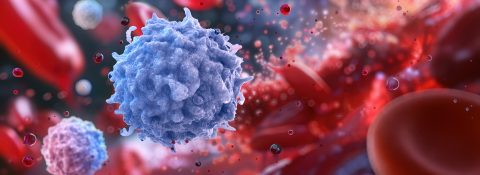
A Central Line Associated Bloodstream Infection (CLABSI) is a serious infection that occurs when germs such as…

The Infusion Nurses Society (INS) defines vascular access devices (VADs) by their intended duration of use, anatomical…

Vessel Health and Preservation (VHP) is a clinical framework designed to optimize the selection, insertion, and management of…

Central venous catheters (CVCs) are essential for delivering medications, nutrition, blood products, and more, especially when long-term…

Short-term central venous catheters (CVCs), typically non-tunneled and intended for use up to 2–3 weeks, are commonly…

Maximal Barrier Kits enhance safety during PICC and Midlines insertions by standardizing procedures, reducing infection risks, and…

Peripherally Inserted Central Catheters (PICCs) and implantable ports (PORTs) are two primary types of central venous access…

Midline catheters represent a powerful and often underutilized choice in intravenous (IV) therapy, especially for patients requiring…

Peripherally inserted central catheters (PICCs) offer several clinical advantages in the intensive care unit (ICU), particularly for…
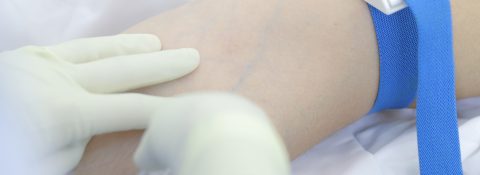
The cephalic and basilic veins are both superficial upper limb veins used for peripherally inserted central catheter…

The future of ultrasound guidance in vein cannulation is indeed promising, with artificial intelligence (AI) poised to…

Join Our Network of Distributors and Strategic Partners As the demand for vascular access solutions continues to…
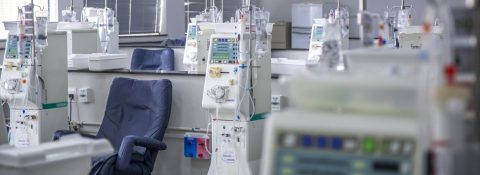
Understanding the Two Main Types of Treatment Dialysis is a medical procedure that removes waste products and…

Vascular access devices (VADs) are crucial for patients requiring long-term intravenous treatments. However, they can sometimes malfunction…

Dwell time is a critical factor in maximizing the lifespan of vascular access devices. It refers to…
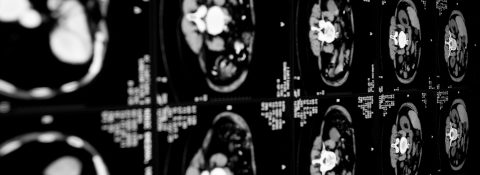
Power injectable devices significantly enhance imaging procedures by enabling precise and controlled delivery of contrast media, leading…

January 8th, 2025 – Numantec, a European leader in the medical devices market, has acquired Health Line International…

The concept of vessel health and preservation (VHP) is crucial in the context of midline therapy, as…

Mini midlines are a type of peripheral intravenous catheter that bridges the gap between short peripheral IVs…

Parenteral nutrition is a specialized form of intravenous (IV) therapy for patients who cannot adequately absorb nutrients…

Power injectability refers to the capability of certain catheters to withstand the rapid injection of contrast agents…

PICC lines are a type of central line inserted into a vein in the arm and threaded…

How INS (Infusion Nurses Society) guidelines influence the design of Health Line’s Maximal Barrier Kits? Maximal barrier…
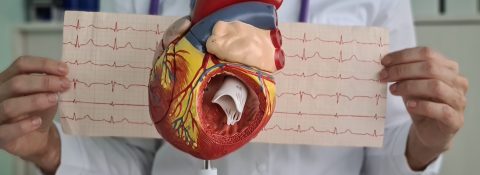
Power-injectable peripherally inserted central catheters (PICCs) offer several key functions in intensive care and other clinical settings:…

What factors contribute to the success of midline insertion? Midline catheter insertion success depends on several key…

Understanding Phlebitis: Causes, Risks, and Prevention in IV Therapy Phlebitis, an inflammation of a vein, is a…

How Do Seldinger, MST, and AST Compare in Midline Insertion Procedures? In medical procedures, precision and technique…
































